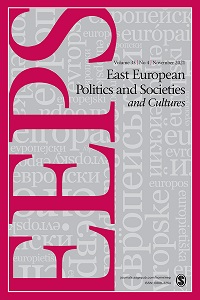The Puzzle of Punitive Memory Laws: New Insights into the Origins and Scope of Punitive Memory Laws
The Puzzle of Punitive Memory Laws: New Insights into the Origins and Scope of Punitive Memory Laws
Author(s): Igor Lyubashenko, Christian Garuka, Grażyna Baranowska, Vjeran Pavlaković, Klaus BachmannSubject(s): Criminal Law, Civil Law, Law and Transitional Justice, Military history, Politics and law, Transformation Period (1990 - 2010), Politics of History/Memory, Peace and Conflict Studies, Comparative Law
Published by: SAGE Publications Ltd
Keywords: memory laws; criminal law; liberal democracy; memory politics;
Summary/Abstract: In recent years and decades, authoritarian regimes and illiberal democracies have passed and enforced punitive memory laws, intending to ban certain interpretations of past events or sheltering official versions of history against challenges. This comes as no surprise in countries whose governments undermine pluralism and assume the existence of a historical truth that is stable over time, invariable, and self-explanatory. But why do liberal democracies, committed to political pluralism and open debate, pass laws that penalize challenges to certain interpretations of the past and restrict freedom of speech? This article argues that liberal democracies may do so yielding to bottom–up pressure by courts and to regulate civil law disputes for which existing legislation and jurisprudence may not suffice. Based on case studies from Germany, France, Switzerland, Poland, Ukraine, Russia, Turkey, Rwanda, and the former Yugoslavia, we also found punitive memory laws in liberal democracies narrower and more precise than in nonliberal states.
Journal: East European Politics and Societies
- Issue Year: 35/2021
- Issue No: 04
- Page Range: 996-1012
- Page Count: 17
- Language: English
- Content File-PDF

